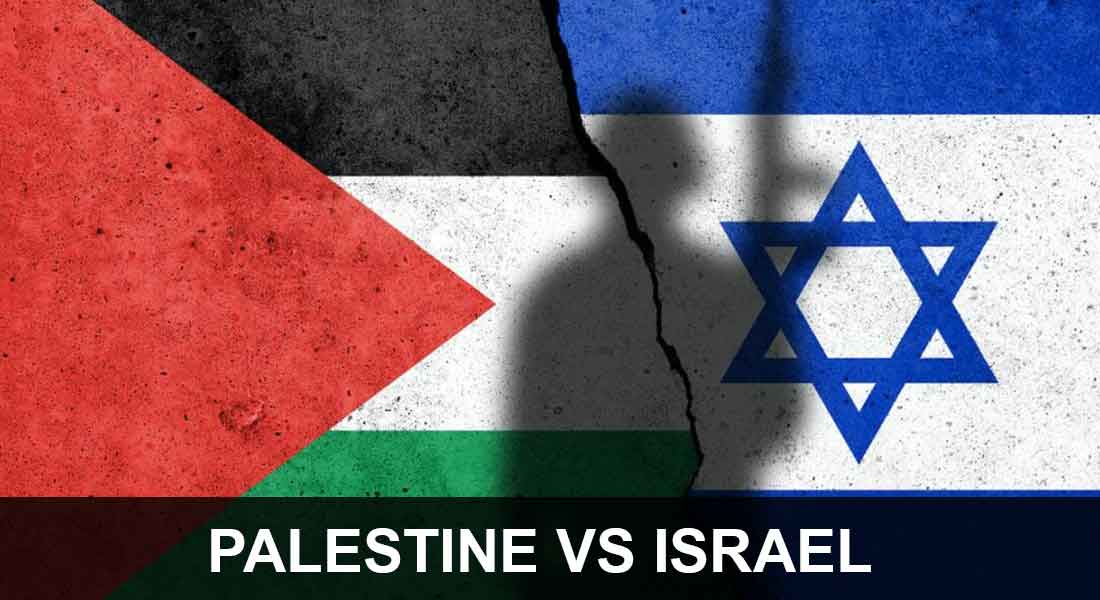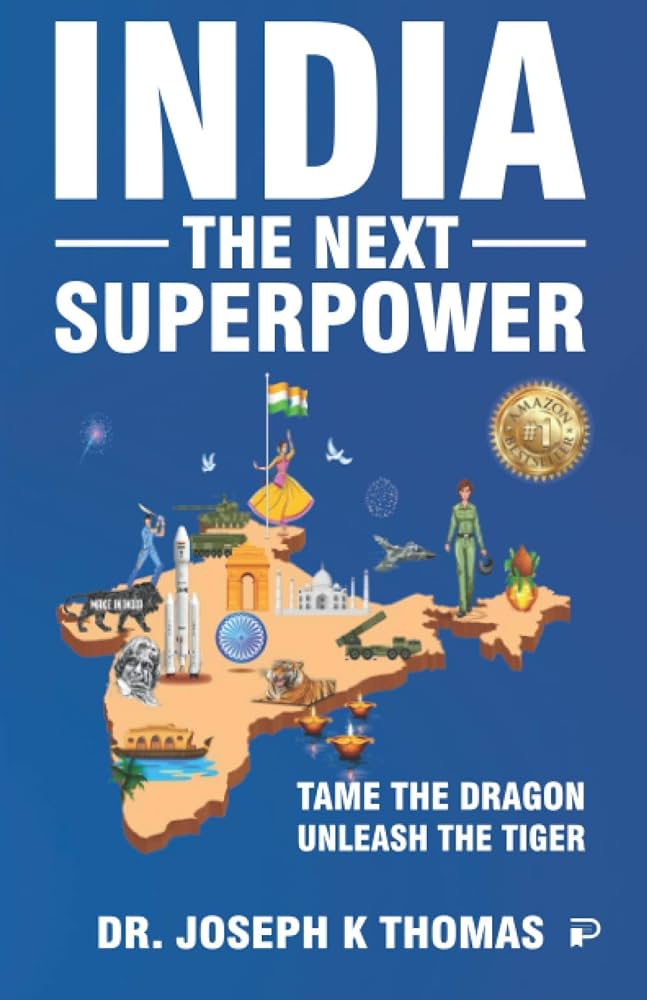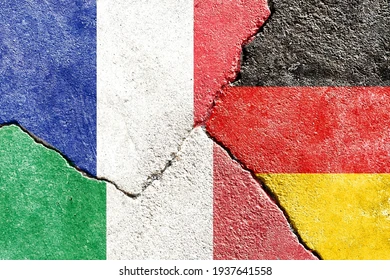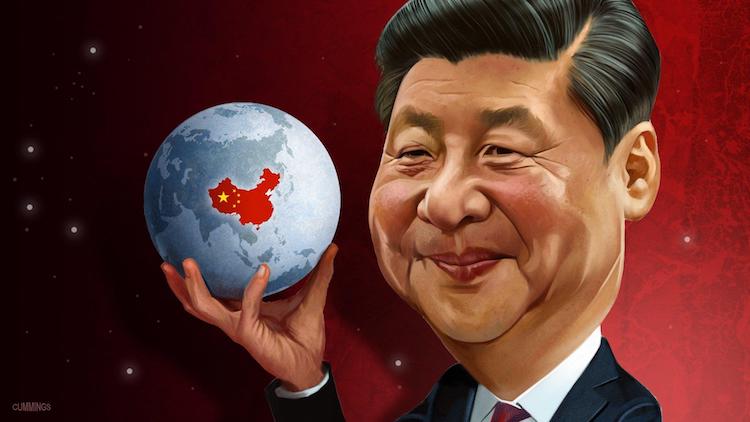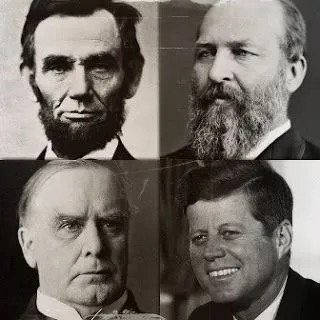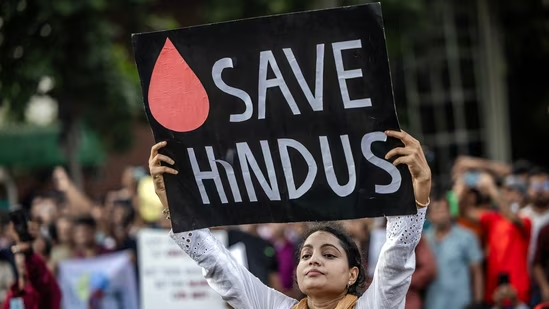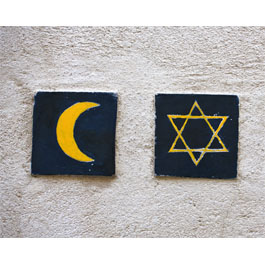The Gaza conflict is deeply rooted in the broader Israeli-Palestinian conflict, characterized by competing national aspirations and historical grievances. Gaza, a narrow coastal strip with a high population density, has been a focal point of contention since Israel’s occupation following the Six-Day War in 1967. In 2005, Israel unilaterally withdrew its settlers and military forces from Gaza, but tensions persisted, culminating in Hamas taking control in 2007 after a violent struggle with Fatah, the Palestinian Authority’s ruling party.
Since then, Gaza hwas under a strict blockade imposed by Israel and Egypt, severely limiting the movement of goods and people, exacerbating economic hardship, and contributing to a humanitarian crisis. The conflict has seen repeated cycles of violence, with Hamas launching rockets into Israel and Israel responding with airstrikes, resulting in civilian casualties and infrastructure damage.
Who bears responsibility for the conflict in Gaza?
The responsibility for the Gaza conflict shared among multiple parties, each contributing to the complex dynamics and ongoing tensions:
- Israel: As the occupying power until its unilateral withdrawal in 2005, Israel retains significant control over Gaza’s borders, airspace, and territorial waters. Israel maintains a blockade on Gaza, citing security concerns due to rocket attacks by Hamas and other militant groups. Israeli military operations, including airstrikes and ground incursions, have caused civilian casualties and infrastructure damage in Gaza.
- Hamas: Hamas, an Islamist political and militant organization, took control of Gaza in 2007 after winning elections and subsequent armed conflicts with Fatah, the rival Palestinian faction. Hamas is designated as a terrorist organization by Israel, the United States, and the European Union. It has been responsible for launching rockets and mortars into Israel. Targeting civilian populations has led to Israeli military responses and escalations.
- Palestinian Authority (Fatah): The Palestinian Authority, led by Fatah and based in the West Bank. Has engaged in intermittent power struggles with Hamas and seeks to regain control of Gaza. Fatah’s governance challenges in Gaza have contributed to political instability and divisions among Palestinians.
- Egypt: Egypt shares a border with Gaza and has played a role in the conflict by imposing restrictions on the movement of people and goods through its border crossing at Rafah. Egypt has also participated in mediation efforts and ceasefire negotiations between Israel and Hamas.
- International Community: The international community, including the United Nations, European Union, and various countries. Have involved in peace efforts, humanitarian aid, and diplomatic initiatives to address the Gaza conflict. However, efforts to broker lasting peace agreements have often been stymied by deep-rooted political, security, and humanitarian challenges.
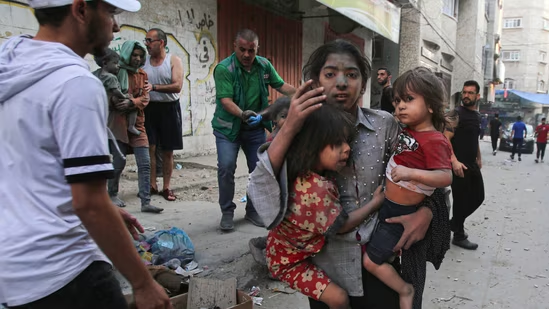
The responsibility for the Gaza conflict is complex and multifaceted, involving historical grievances, security concerns, political aspirations, and international dynamics. Addressing the underlying causes and achieving a sustainable resolution requires concerted efforts from all parties involved. Including a commitment to dialogue, diplomacy, and respect for international humanitarian law.
Why the conflict makes Western media feel fearful.
Western media coverage of Gaza often reflects complex geopolitical, humanitarian, and media dynamics rather than a singular fear. Several factors contribute how Gaza is covered:
- Geopolitical Sensitivities: The Israeli-Palestinian conflict, of which Gaza is a significant part, is a highly sensitive and contentious issue globally. Western media often navigate careful reporting to avoid bias accusations and to uphold journalistic standards of fairness and accuracy.
- Humanitarian Crisis: Gaza has experienced numerous conflicts and humanitarian crises, leading to high civilian casualties and suffering. Media coverage of such crises aims to highlight humanitarian concerns but can also face challenges in gaining access and reporting accurately amid conflict zones.
- Media Access and Restrictions: Reporting from Gaza can be challenging due to access restrictions imposed by both Israeli authorities and Hamas. The governing body in Gaza. Journalists often face obstacles in freely reporting from the ground, influencing the depth and scope of coverage.
- Public Opinion and Political Influence: Western media outlets may also consider public opinion and political sensitivities when covering Gaza. Reflecting diverse perspectives and pressures from stakeholders, including governments, advocacy groups, and the general public.
- Ethical Considerations: Reporting on conflicts like Gaza involves ethical considerations. Including the balance between informing the public and avoiding sensationalism, as well as ensuring the safety of journalists and sources.
